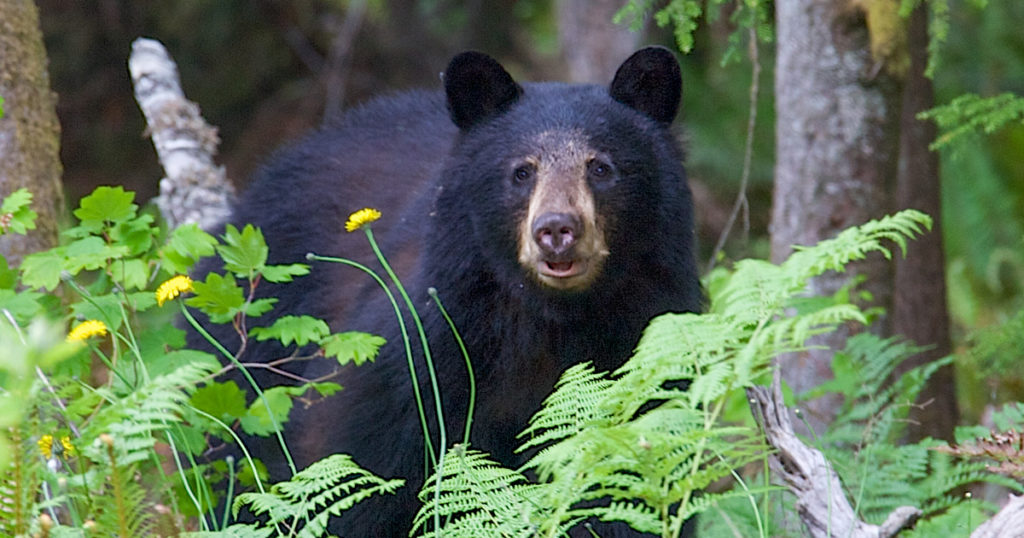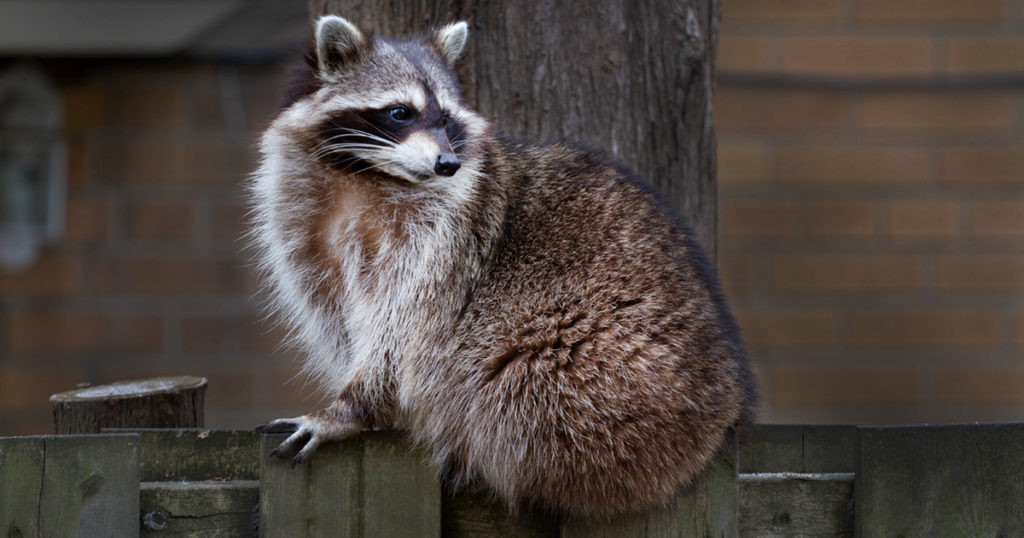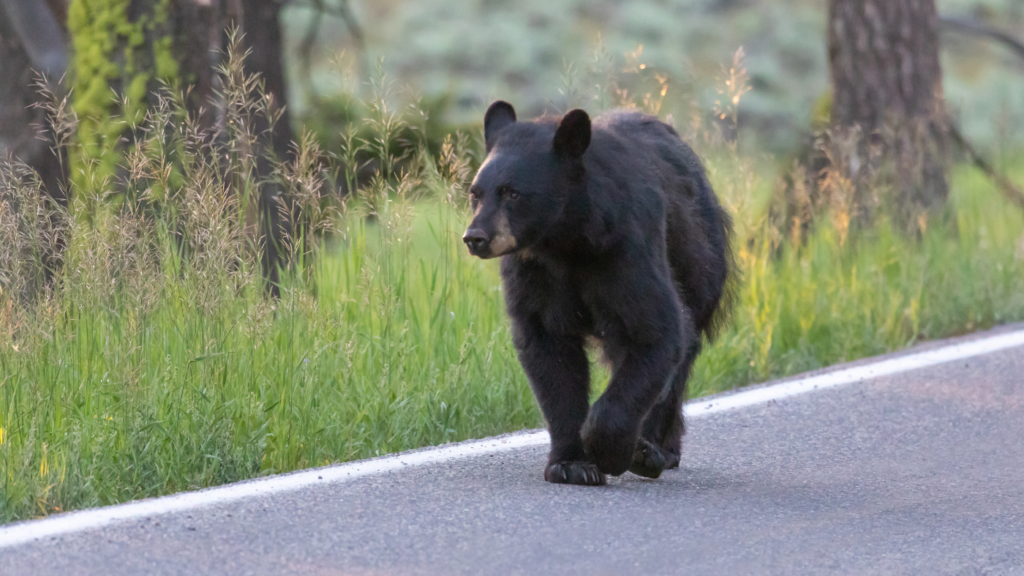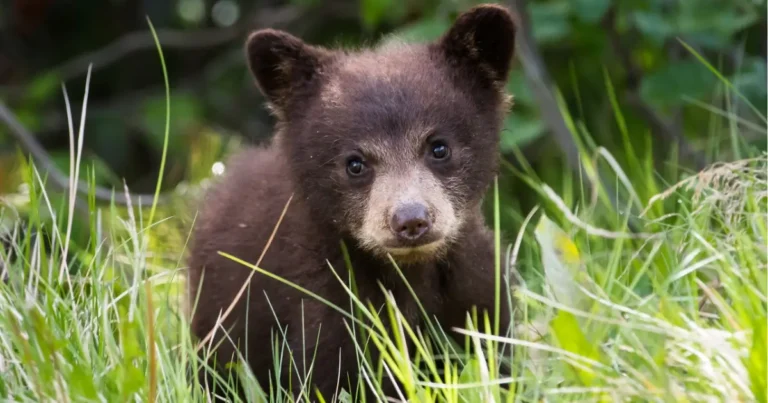
The Fur-Bearers is pleased to have been a community partner for UBC student projects in the winter of 2022-2023. We collaborated with students on a group project that focused on coexistence strategies in municipalities, and on an individual directed studies course that analyzed black bear data in British Columbia. We are grateful for the opportunity to work alongside talented students and share knowledge on key issues facing wildlife in the province. We’d like to send a huge thank you to instructors Nadia Xenakis and Dr. Kristen Walker for their leadership in these courses!
Wildlife coexistence in Metro Vancouver municipalities

What practices are in place in lower mainland municipalities that promote coexistence with wildlife? A collaboration between UBC students and The Fur-Bearers looked at how municipalities address human-wildlife conflict and promote coexistence. Students designed a questionnaire for municipalities to provide insight into how they’re responding to wildlife issues.
Their research examined various municipalities’ practices, bylaws, and education strategies. Included in the city snapshots below are highlights from ten different municipalities, public resources for citizens, and management implications and best practices for designing wildlife-friendly cities. We’d like to thank the students involved in this pilot project and congratulate them on their work this semester! Shout-out to Ashley, Meghan, Emma, Storm, and Jingjian!
Explanatory note for bylaw checklist sections: Laws relating to attractants, feeding wildlife, and hunting and trapping are found at the provincial level through the Wildlife Act and associated regulations. Municipalities can support provincial measures through bylaws which can place further restrictions on these activities within their jurisdictions. An example includes bylaws prohibiting the feeding of species other than those covered in the Wildlife Act under “dangerous wildlife” (bear, cougar, coyote, wolf).
Human-black bear conflict in British Columbia

The Fur-Bearers supported a UBC undergraduate student to conduct research into human-black bear conflict in British Columbia. The collaboration was part of a final year directed studies course. In 2022, The Fur-Bearers published seven years of community-level data showing areas with high levels of black bear killings by the British Columbia Conservation Officer Service. This data was a starting point for the research and allowed UBC student Leya Hirakawa-Kao to analyze key factors in this issue.
The final report summarizes scientific literature into black bear behaviour, visualizes data using charts and heat maps, and focuses on high-incidence communities and the factors that hinder and promote human-black bear coexistence. We would like to congratulate Leya on this project and thank her for collaborating with us on this important research!
